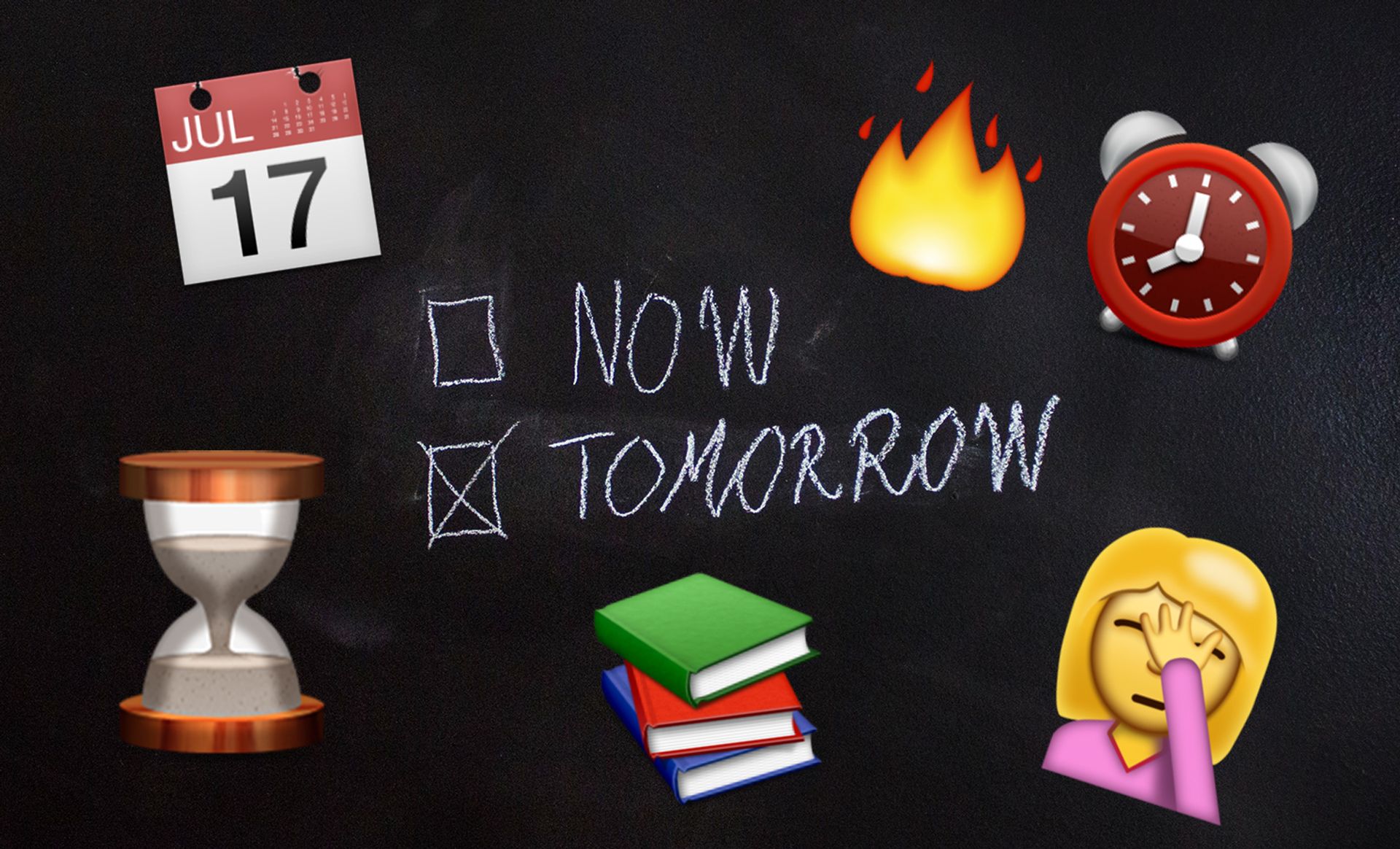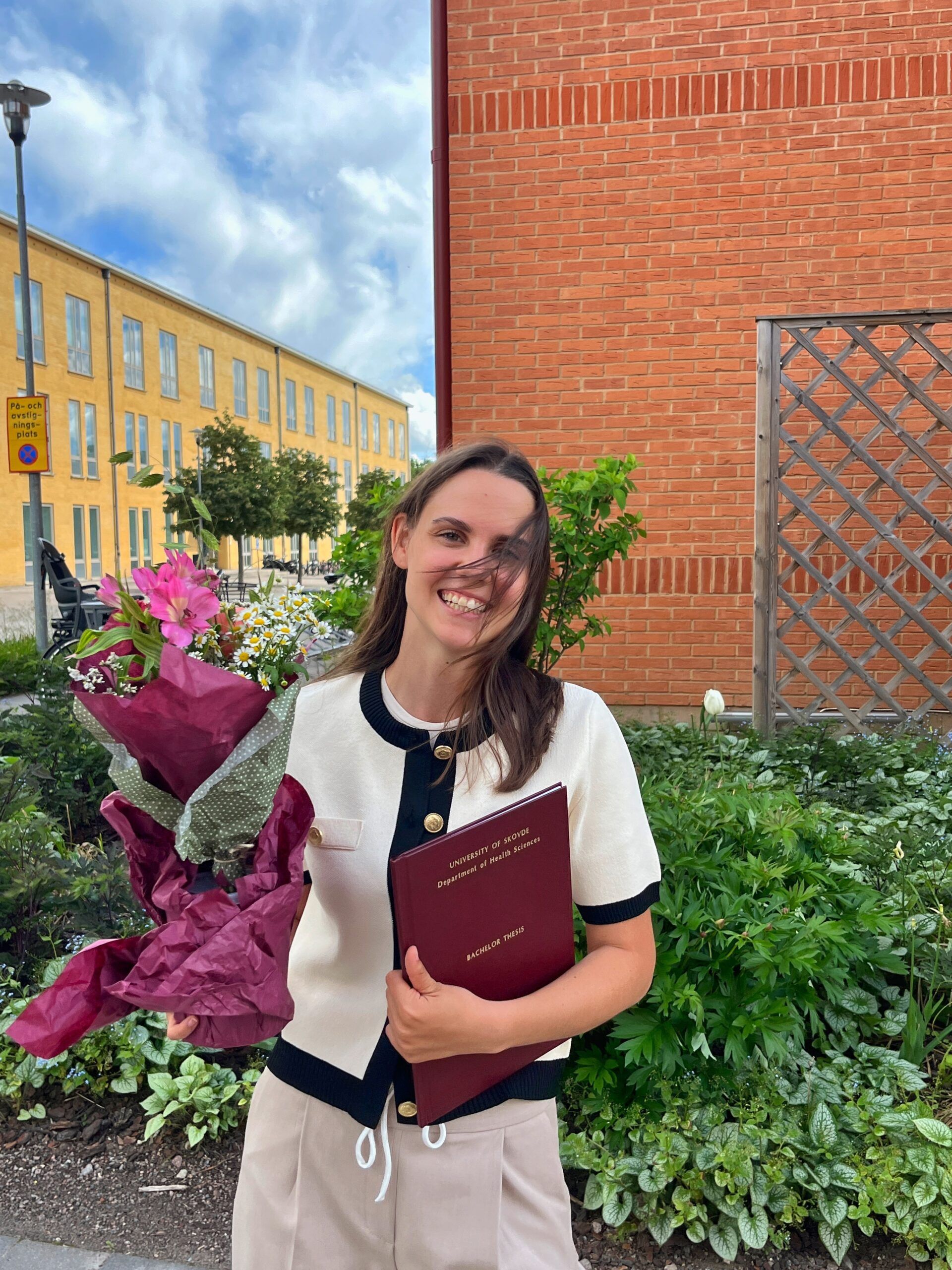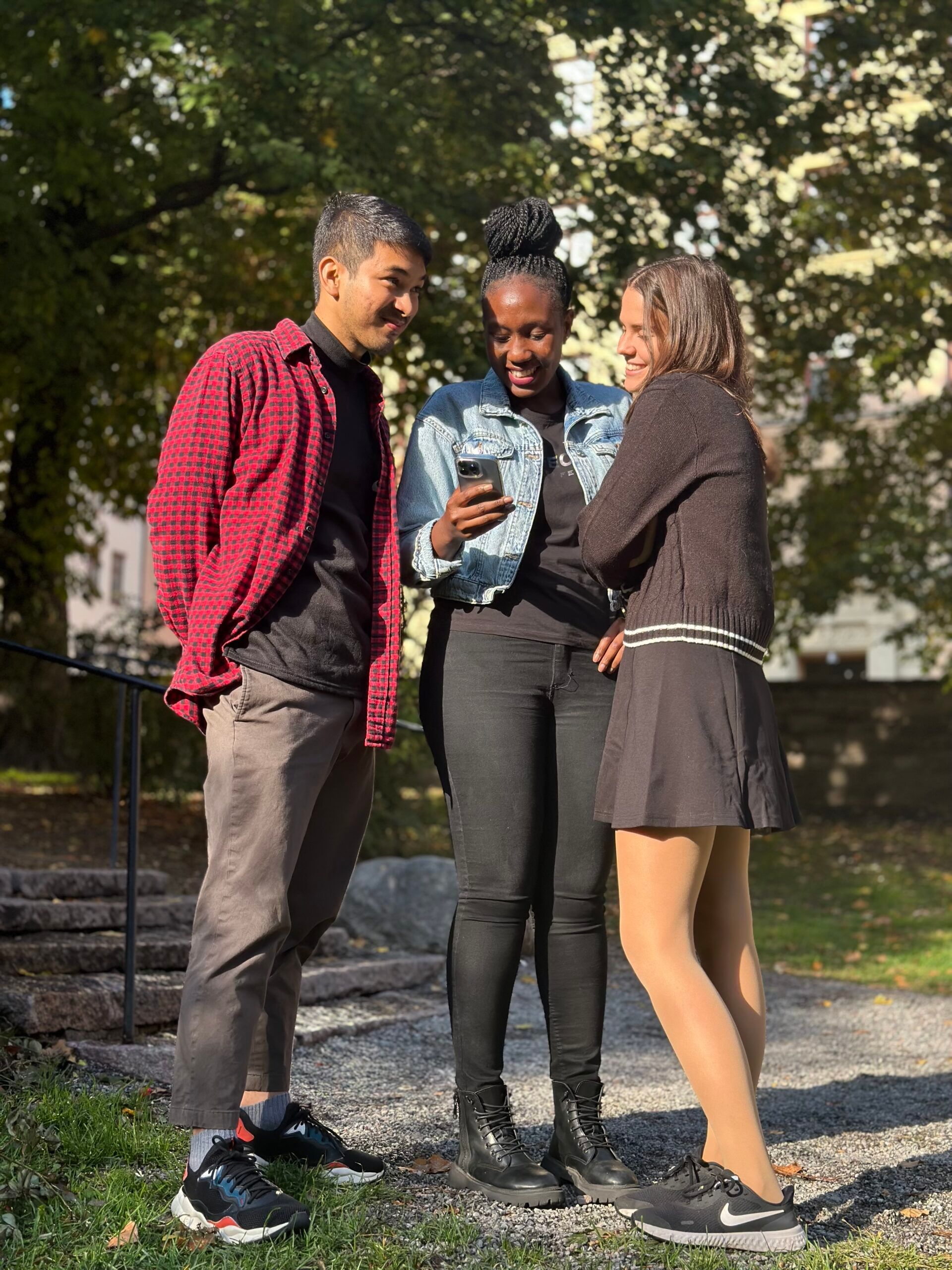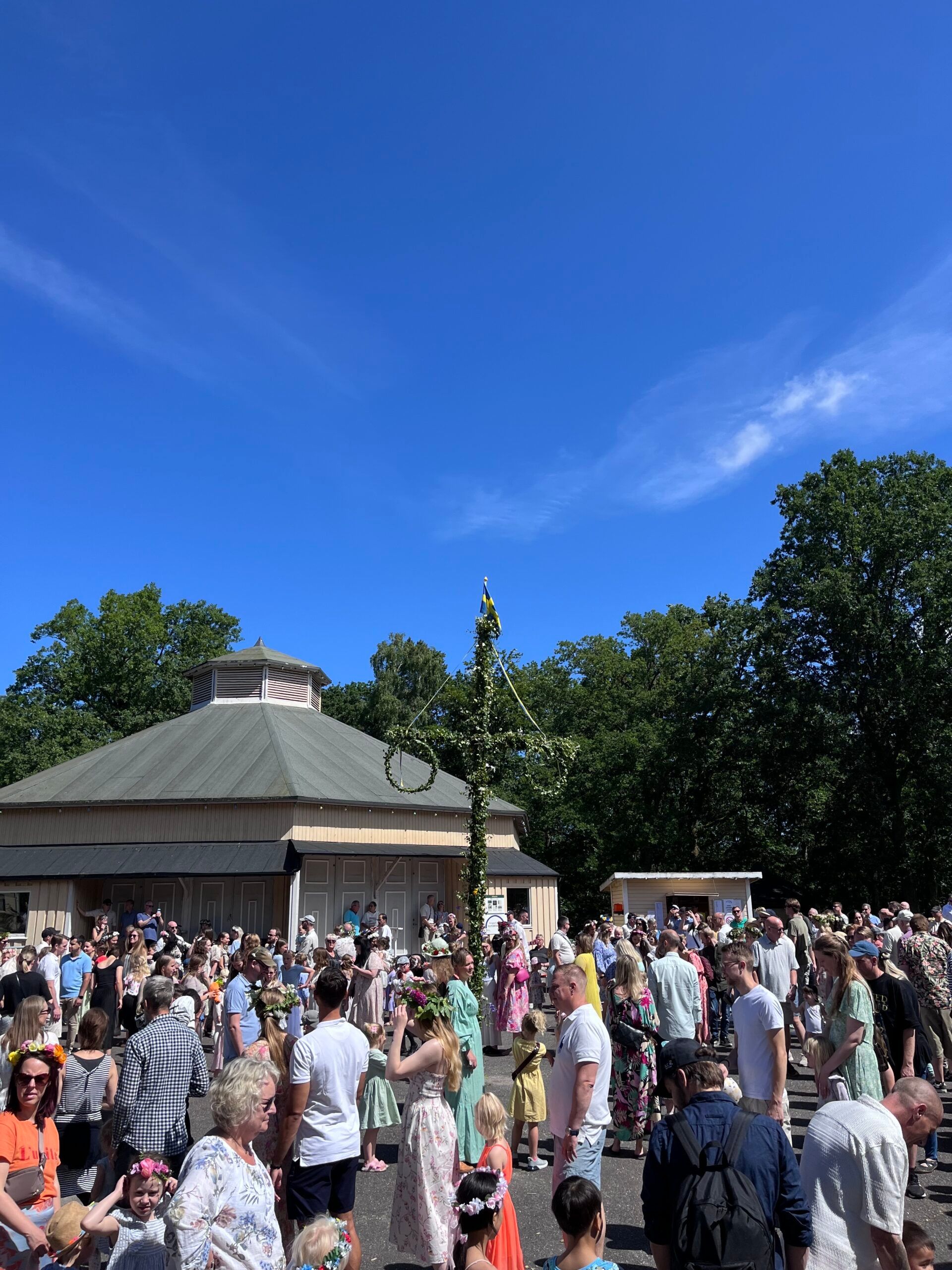
Written by Leonilla
28 Nov 2016
You have a deadline approaching and should work as much as possible, but instead decide to watch one episode of a TV show on Netflix… And you end up watching an entire season, again. We tend to postpone the important, unpleasant tasks in favor of low-priority, but more pleasant activities. This is called procrastination.
I’m just about to finish a course in project management. We had a group assignment with a topic we could choose, so we decided to write about procrastination in student projects. It’s something many of us can relate to. We spend the first weeks of the course not studying too much, and focusing on other things instead, and towards the end things can get very stressful. Procrastination is a rather common phenomenon among students, as we can plan our schedules as we want to and we’re not forced to actually go to school and study.
We’re supposed to be smart and logical, but many of us aren’t. We seek for immediate rewards and lack the patience to finish the important tasks before starting the less important, but more pleasant activities. The reasons are many. We are optimistic with time and believe starting the last minute might be just fine, then regret it. The hardest part is to begin, especially with bigger projects it can be difficult to figure out where to start from. Also dealing with several projects simultaneously makes it difficult to focus on one thing at a time and get things finished. Multitasking only makes things worse, as switching between different tasks takes more time than focusing on one thing at a time. At my university we study only one course at a time, which has made it a bit easier with not having to focus on several, possibly different subjects simultaneously.
Some of us start early but get most of the workload done very late. We lack the motivation to finish an entire task before starting a new one. We need breaks from our work, but at least I tend to reward myself more at the beginning and towards the end there’s just not enough time to take breaks regularly. This happens even with tasks that don’t require much time and effort, for instance, reading emails and then marking them as unread, just so we can respond to them later.
Another reason is attending to distractions. Especially now, when we have social media and bring it with us everywhere, getting distracted from the important tasks is easier than ever before. In my opinion, Snapchat is one of the worst sources of distraction ever invented, as it tells you when someone starts writing you a message. You end up waiting until you receive it, open it, then end up looking through everyones’ my stories, maybe add something on yours, then figure you also have to check Instagram and Facebook… Then forget what you were actually doing. It’s a vicious cycle. I still love social media, it’s fun and interactive, it allows us to create and then share it with everyone. But everything should have its time and place. I sometimes try to memorize how life was like before we had smartphones and at the library the only thing we could do was to read. It’s hard to remember, although it wasn’t so long ago.
How should we deal with it?
It feels good to get things finished before the deadlines and delayed gratification feels better than instant rewards. If you often attend to interruptions while working, monitor yourself and try to see what causes procrastination. Make a to-do-list and rate the tasks based on their importance. Then work according to it. Leave enough breaks between the tasks and break the bigger tasks into smaller ones. Set goals and deadlines and don’t be too optimistic with timing. The goals don’t have to be big, they can be small and easily achievable.
I try to reduce the distractions by studying at the library. I make a to-do-list before I start working and decide what needs to be done before I go home. I’ve turned off the notifications from most of the apps on my phone, only calls, texts and Facebook messenger get through. I don’t have to know if someone likes my picture on Instagram or sends me a snap they’ve sent to 15 others. I often set a timer to 20 or 25 minutes, spend that time focusing on only one thing, then take a break and do whatever I want as long as I want, but usually 5 or 10 minutes is enough. If I have a task I really, REALLY don’t want to start, I might set the timer to just 5 minutes, write one sentence or a few words, so that there’s at least something to continue from. In most cases I start with a short time, then extend it and at the end, often reach the flow and don’t need the timer any more.
Though, sometimes it might be just fine to leave things unscheduled and planned. Creativity requires slack and the best ideas usually come when we just let things flow without forcing it. And sometimes starting the night before the deadline is enough, for smaller assignments at least. But quite often things grow little by little and starting early allows making changes and re-plan things. Right now, #1 on my to-do list is to finish writing this post, and that’s what I’m committed to do. But what I actually want to do is to watch a movie, sit on the floor with my jigsaw puzzles, draw and spend time with my precious little smartphone. It feels bad, I’m an educated grown-up, supposed to work logically, yet sometimes I don’t. But I know I have enough discipline to get the first things done first and then do the fun things. And I don’t actually have Netflix at the moment, however, I’m planning to get it after I graduate.



